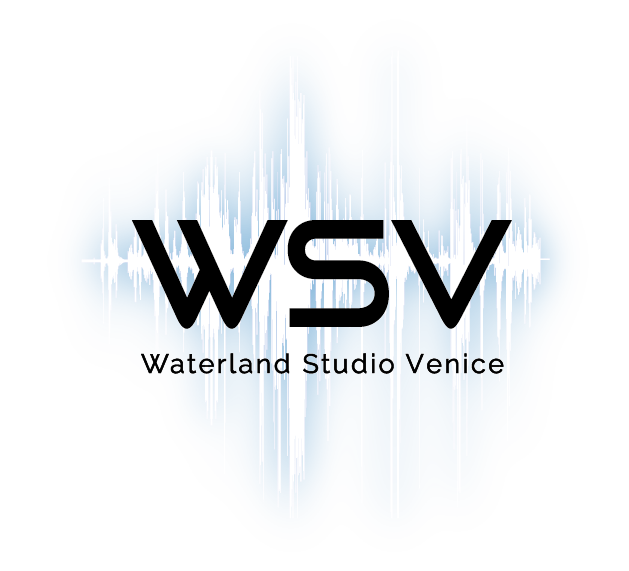Studio Tricks
Preparation for the studio session
In this article we address the method for arriving at the studio best prepared in order to optimize the result, reduce residence times and consequently save money.
In the recording studio it feels like being under a magnifying glass, therefore many aspects that are neglected in other situations take on fundamental importance in the studio. The study experience will be useful to you later if applied to all the situations that a musician usually faces. There are no studio musicians or live musicians but good or mediocre musicians in any setting, and the aspects we are going to illustrate help make the difference.
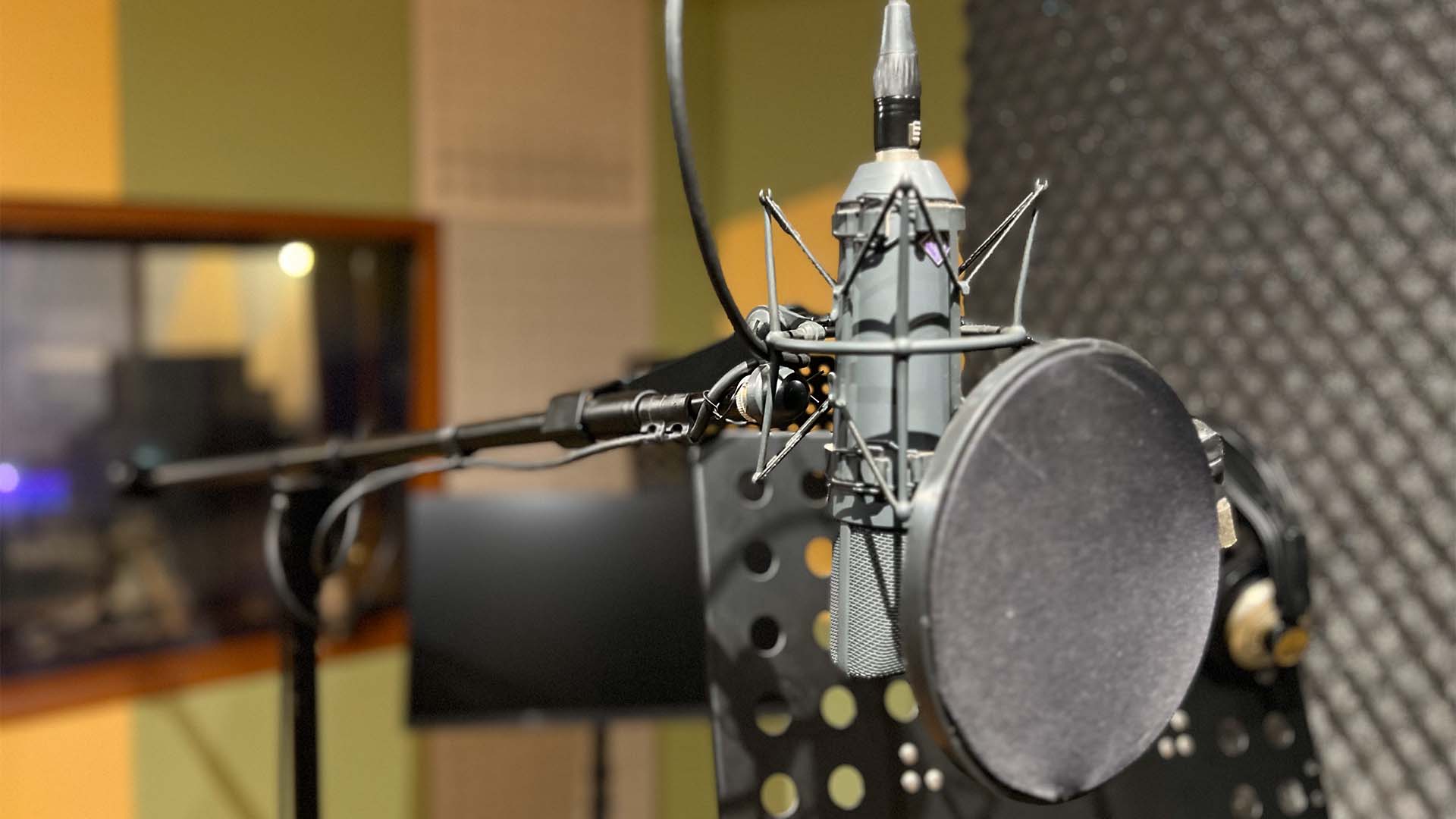
The sound
We often expect crazy sounds to come out of it just by being in the studio. Of course, a good sound engineer can improve a weak sound but a mediocre sound will always remain mediocre.
Let's analyze the chain that helps create a sound:
Musician
First of all there is “The Touch”, it is the most important thing!
A good guitarist also plays with a piece of wood but a wonderful guitar doesn’t make a poor guitarist play better. This is not the place to teach about the instrument but it is good to remember that a fundamental part of a musician's background is sound, it is what characterizes and distinguishes one musician from another, so get used to studying even without amplification - continue to listen to you.
Instrument
A quality instrument is the right reward for a good musician, it will be much easier to obtain good results. It is very important to have the right instrument for the sound you are aiming for. In an arrangement you do not necessarily require the most beautiful sound but the most correct one! It often happens that a musician in the studio asks us: "can you make me have a guitar sound like The Edge's?" Well, do you have any idea how long it took The Edge to get that sound? It's been years of studying your own sound and this depends only on you!
Outboard, pedals, effects
Obviously these also become part of the definitive sound but it is good to analyze them and get to the essentials and be ready to possibly modify them even in the studio according to the arrangement. Often keyboard sounds are effective because they are composed of different effects in cascade, other times they are just pleasant because they are drowned in reverb which most of the time it is better to avoid recording, in order to manage the necessary quantity during the mix phase. The same goes for guitars, basses etc... It is always better to have rehearsed the part first with the cleanest sound possible, in order to avoid inaccuracies or confused notes from the effects.
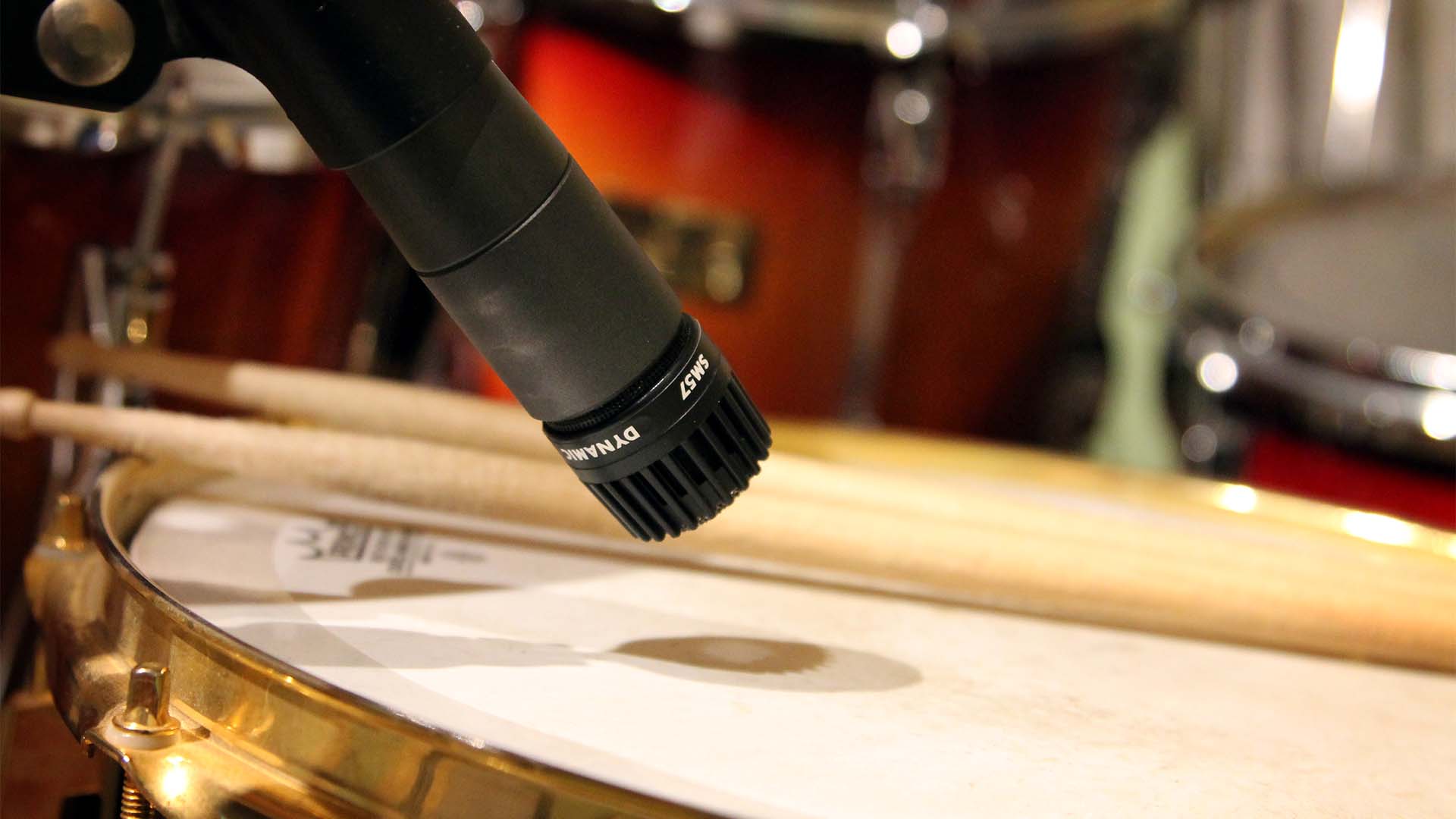
Amplification
This mainly applies to guitarists: in the studio we provide a series of quality amplifiers to cover the different sounds, but it is very important that the musician is aware of the sound he wants to obtain and has experimented with it beforehand at different volumes.
Piece
This aspect determines much of the time spent in the studio. It is assumed that all the arrangements are already developed, therefore each musician should perfectly know the parts that he is going to record. To achieve this, you must have rehearsed them in the rehearsal room together with the rest of the band and individually at home or wherever you have the opportunity. All this by analyzing the result from time to time. We always recommend registering - even in an artisanal way - while you are trying. During the rehearsals the whole band will listen to the material again, trying to understand the weak aspects of the arrangement and improve it accordingly; in a single venue (always with the metronome) to improve your sound and tempo.
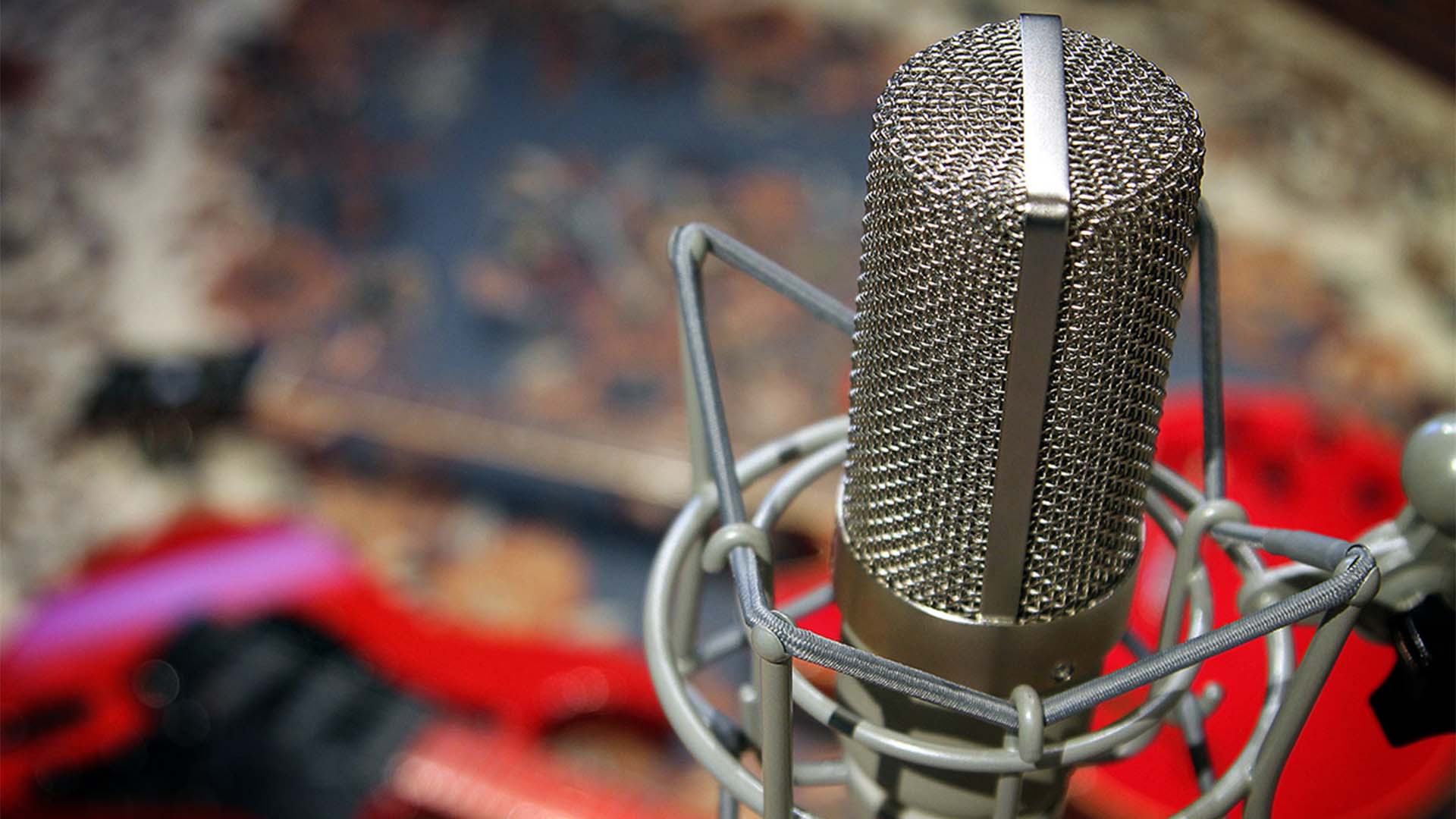
Tips for individual instruments
We look at some of the most popular instruments here but the same advice can be applied to any instrument:
Drums
Assuming that the studio provides a quality instrument (Yamaha 9000 recording custom) in perfect order and with always new heads, the same will have to be tuned by the musician based on his way of playing.
The drummer has a big responsibility in the studio as he usually records first and everyone else will later rely on his part regarding tempo and dynamics.
Generally - except for some genres such as jazz - the drummer will record with the metronome and probably a few other guide to him in headphones, it is essential that he is used to playing the parts in the same way also in other places and to giving the same emphasis in the studio as would give on a stage despite the apparent sterility of the situation.
Bass
The instrument must be in perfect condition such as new strings or almost new, perfectly calibrated octaves. It is essential to have studied the parts together with the drummer (without anyone else) and to pay particular attention to the rhythmic structure which must be supported by drums and bass. Develop accents and movements with the bass drum together which must still respect the song and what will happen above.
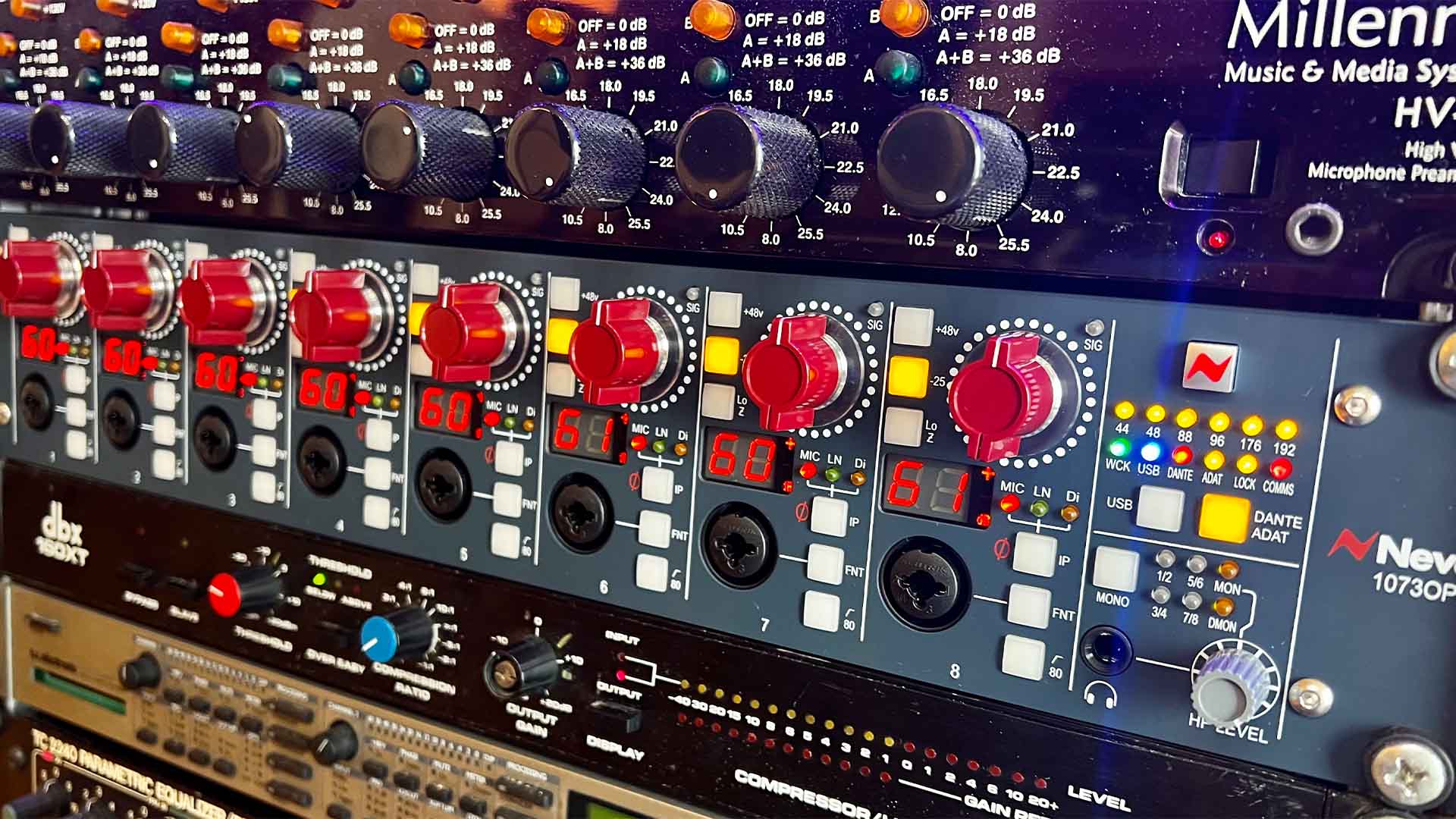
Guitar
Here too, new strings and instrument in perfect condition. Pay attention to any hums which - due to the very low signal/noise ratio in the studio - become a huge problem. Particular attention should be paid to the execution of clean arpeggios, bends, the duration of the notes and the rhythmic parts, considering that the parts often need to be dubbed; therefore maximum care and attention to time - always study with the metronome!
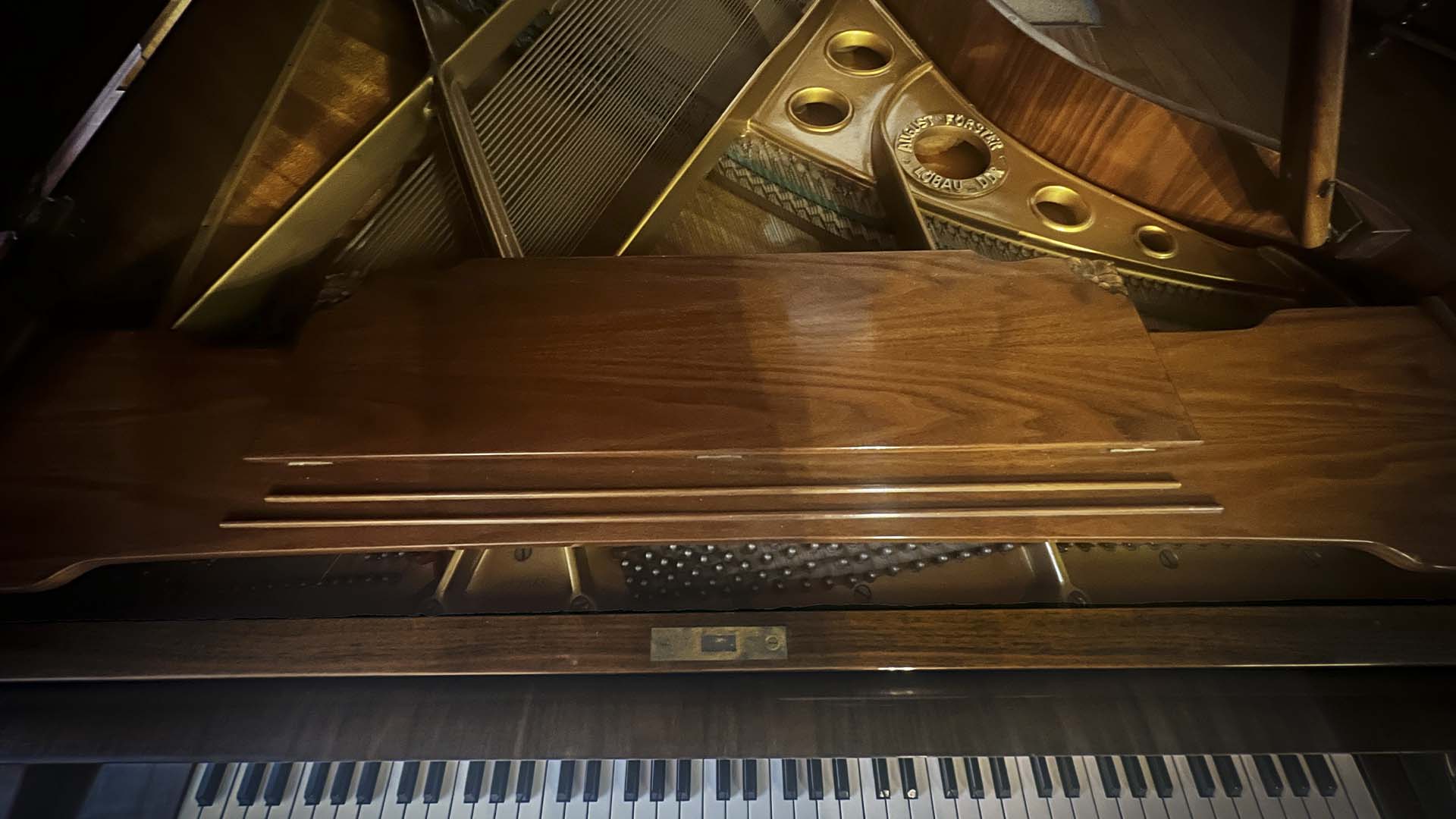
Keyboards
The studio can make several virtual instruments available because each synth offers thousands of presets, the risk is always wasting too much time looking for a sound, it is better to arrive with your own sounds already chosen in the arrangement phase and avoid them being drowned in too many effects except in cases where "the effect makes the sound", if they are also dry.
Voice
It cannot be adjusted and tuned so it is better to maintain a healthy lifestyle around the time of registration. Get enough sleep, avoid smoking and screaming. It is essential to learn the lyrics by heart to concentrate more on the interpretation and take care of intonation, tempo and diction regardless of the language in which you intend to sing. Here too it is worth registering first to listen to your sound and interpretation - hearing from the outside helps a lot to improve. Get used to using headphones beforehand!
At this point you will be ready to enter the recording studio!
The subsequent stages of the chain are our responsibility: sound of the recording room, microphone, pre-amplifier, A/D converter, mix, mastering. Obviously during recording there will be a way to modify, adapt, improve any part, we are always available to give you the best advice but we can assure you that we will take care of your music with all the competence and passion that distinguishes our studio.
